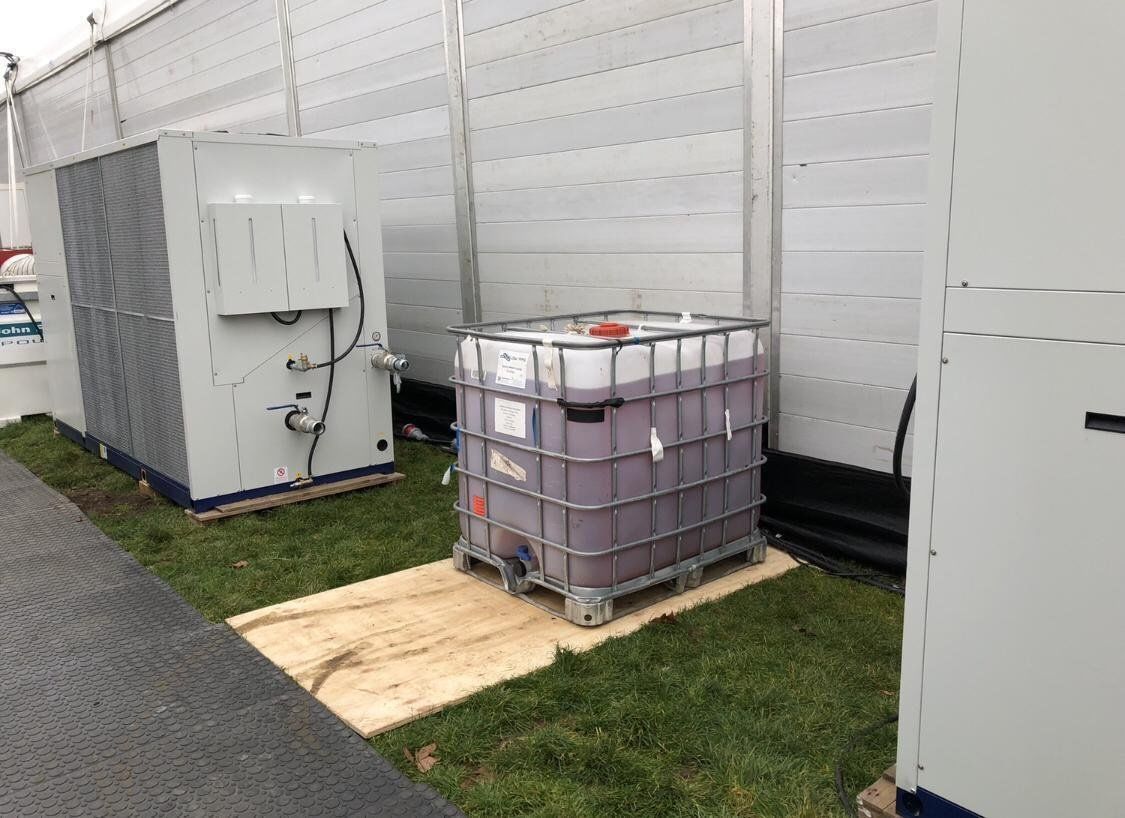A chiller is an industrial piece of equipment that is used to cool the processing area in a manufacturing plant. It can also be used to provide cooling for non-process situations such as electronics, machines and electronics in the production lines.
There are many factors to consider when choosing a chiller in your manufacturing process:
EcoDesign Directive
The EcoDesign Directive of Chillers (EDC) became European law in May 2010, and as such, all chillers introduced into the EU since then must comply with this standard. This requires that the chiller produces as little energy as possible. With that, each chiller must meet an energy performance certificate (EPC) and Minimum Performance Standards (MPS).
These standards must be met by taking into account the following:
- Output and capacity of heat and cooling produced by the chiller
- Refrigeration system efficiency
- The energy efficiency of the chiller
- Running and start-up power of the chiller
- Engineering work completed that has led to the development of the chiller
- The refrigerants that are contained in the chiller
- The final price of the chiller
Achieving these standards will require engineers to look at how the chiller can be situated, the design of the chiller, the efficiency of the system, the condition of the chiller and other opportunities for energy efficiency.
The EDC defines that ‘Efficient chillers emit less than 620g CO2/kWh of heat-sensible energy’. The EDC only covers heat-sensible energy; this means that efficiency levels are not considered if the chiller is used for cooling applications.
Many UK businesses are still using chillers which are long past their sell-by date. If your business operates a chiller over 15 years old, likely, it is not compliant with the EDC.
New Technology
In addition to the EDC, new technology is being developed which will enhance the efficiency of chillers. While this new technology is not required by law, subscribing to a new standard helps to guarantee that your business is using the most efficient machines available. In some cases, it may be possible to capitalise on the new regulation and technology to help your business cut costs further.
One of the most important new technologies to consider is direct expansion. Direct Expansion Chillers (DEX) utilise a new refrigerant called CO2, which has a high specific calorific value.
CO2 chillers are more efficient as they operate at a lower temperature, which reduces the energy required for operation and requires less maintenance as the temperature is lower.
These new chillers are getting increasingly efficient as new components come onto the market. In some cases, they can be up to 50% more energy efficient than traditional chillers.
Cooling Load Requirement
When you are looking to buy a chiller, it is important to consider the chiller’s cooling load requirement (CLR). The cooling load requirement is the amount of cooling required to be produced by the chiller in the space that it is located in. An engineer should calculate this number. Different chillers may have varying cooling loads, so a complete engineering process is required.
Get the Right Chiller for You
These are important factors to consider when getting a chiller for your company. Keep in mind these things to ensure you get the best one!
Get temporary chiller hire in London today. London Climate Hire provides complete turnkey rental solutions in London, Berkshire, Buckinghamshire, Essex, Hertfordshire, Kent, Surrey and Sussex. Contact us!

